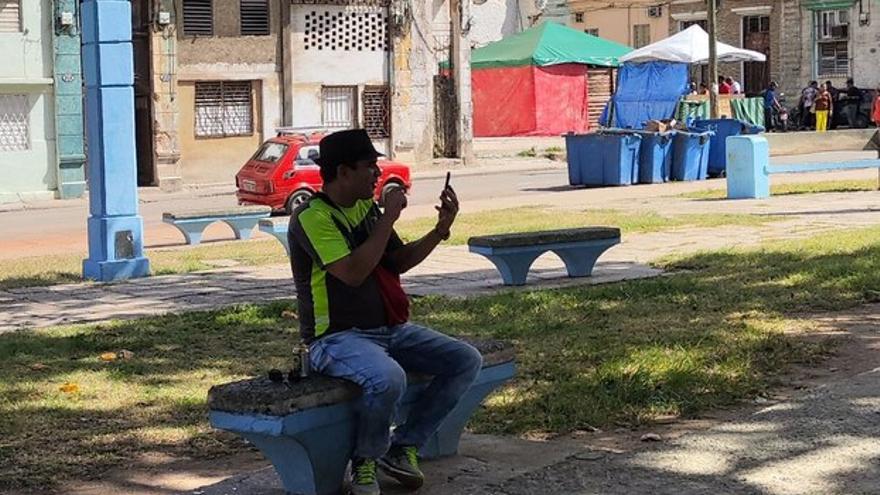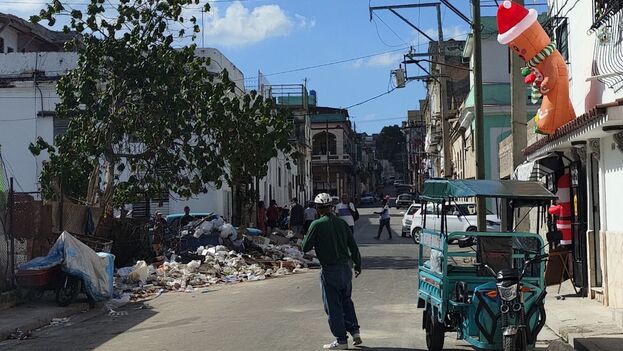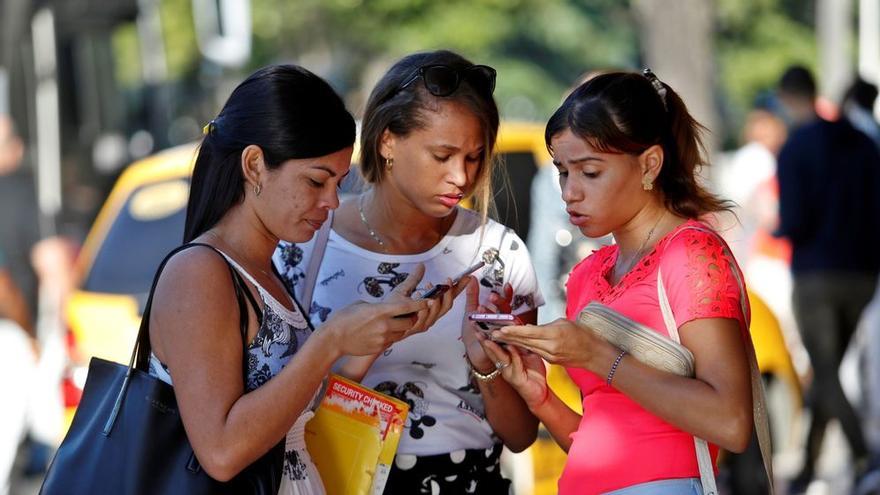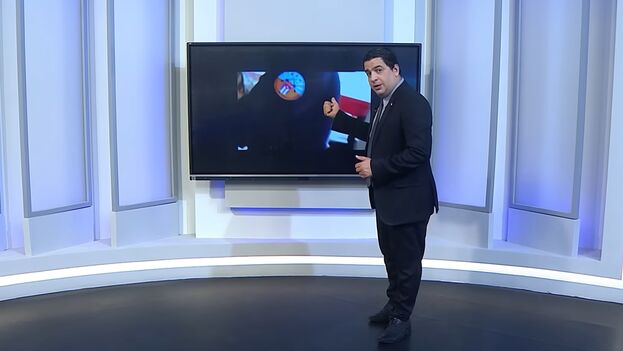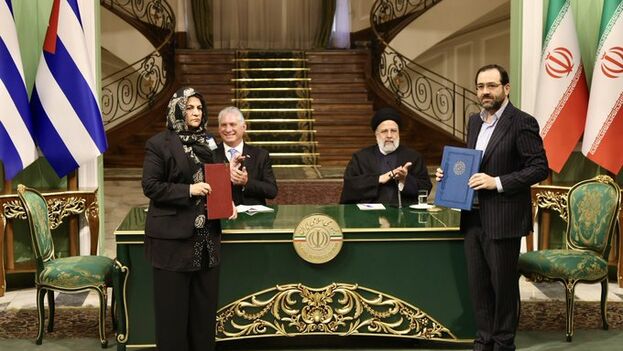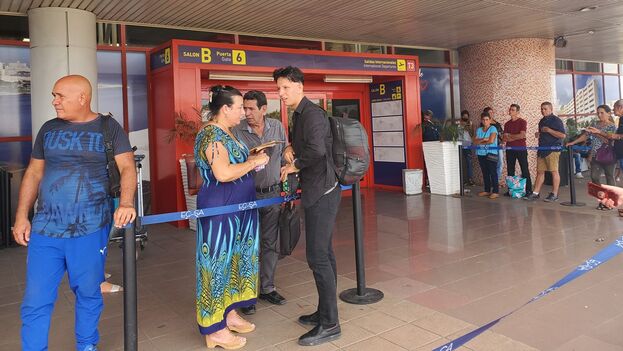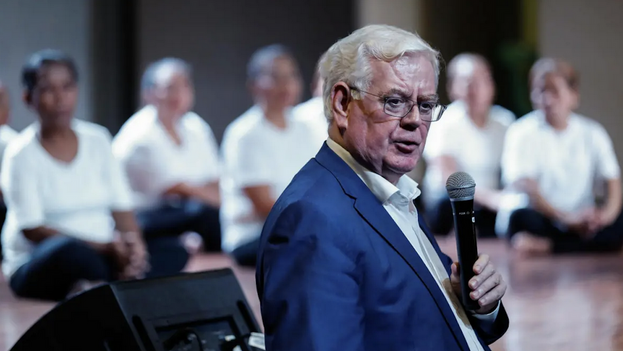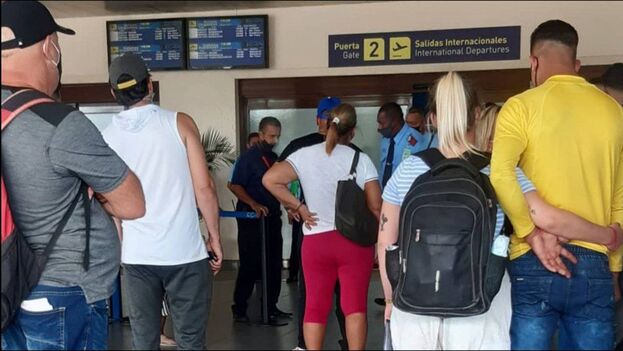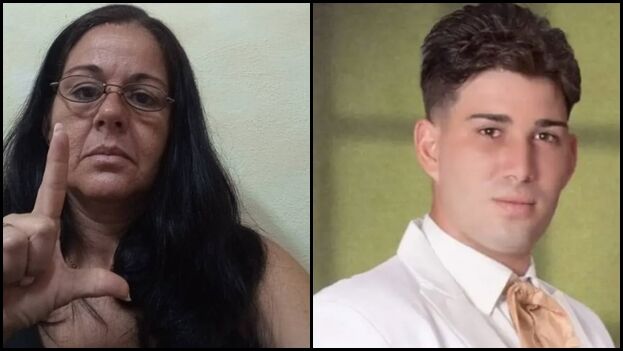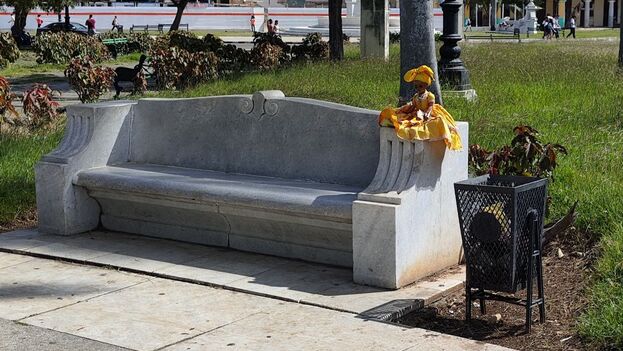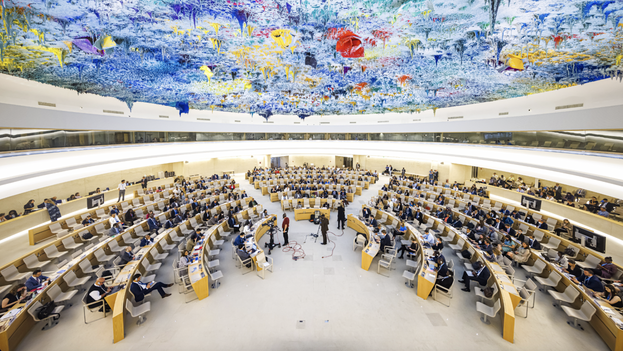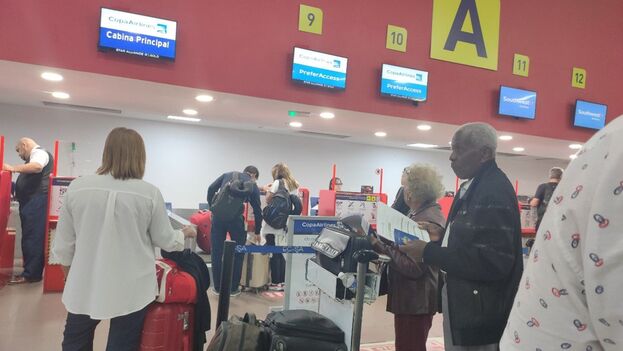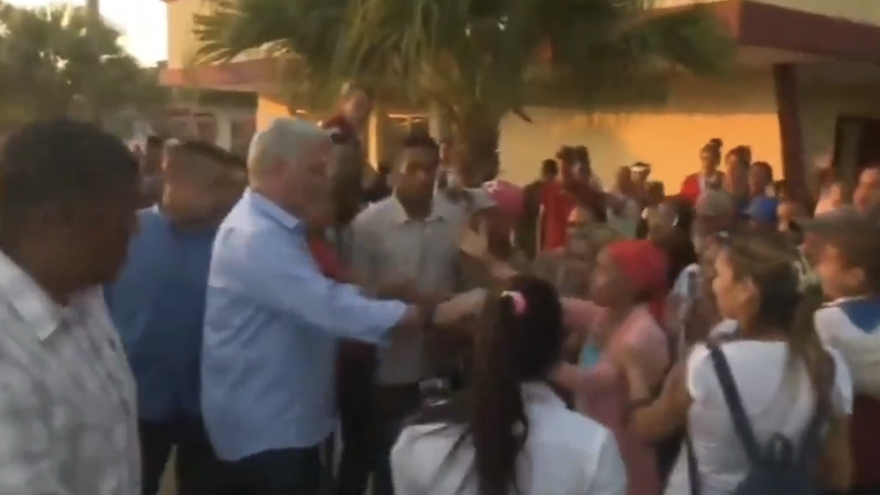
![]() 14ymedio, Yoani Sánchez, Generation Y, Havana, 12 February 2024 — He narrows his eyes, jumps and puts his hands on his chest. He is not in the middle of a mystical ritual but in front of the television cameras that report the visit of Miguel Díaz-Canel to Cauto Cristo, in the province of Granma. “It was as if I had seen the god Fidel,” “I have goose bumps,” exclaimed the lady in a trance. She is followed by another who insists that the arrival of the first secretary of the Communist Party of Cuba is “a gift” from God and “a blessing” for a municipality forgotten by officials and the national media.
14ymedio, Yoani Sánchez, Generation Y, Havana, 12 February 2024 — He narrows his eyes, jumps and puts his hands on his chest. He is not in the middle of a mystical ritual but in front of the television cameras that report the visit of Miguel Díaz-Canel to Cauto Cristo, in the province of Granma. “It was as if I had seen the god Fidel,” “I have goose bumps,” exclaimed the lady in a trance. She is followed by another who insists that the arrival of the first secretary of the Communist Party of Cuba is “a gift” from God and “a blessing” for a municipality forgotten by officials and the national media.
In the images, the Cuban leader is quick to shake hands, always surrounded by a strict security circle, to hug children and to point out that he is on the street at a time when his popularity is measured in very negative numbers, although without reliable surveys that put a figure on disapproval. Díaz-Canel has gone there, to convince the poor residents that with “popular participation” they can seek the solutions that Cubans so urgently need, he is seen saying in a video.
“Díaz-Canel, we adore you, son, we adore you!” shouts an enthusiast as the procession passes by to complete the mysticism of the moment
“Díaz-Canel, we adore you, son, we adore you!” shouts an enthusiast as the procession passes by to complete the mysticism of the moment. Each frame seems calculated, an altarpiece prepared for veneration, never for criticism. The seams cannot be seen: each testimony, location or statement must exude devotion and blind faith. There is no room for doubt because we have gone from idolatry calculated from above to the coarsest fanaticism. It is not even about pretending that it is real, just about displaying it even if the performance is absolutely grotesque. continue reading
When the dust from the tires of the official caravan is just a memory, daily miseries will continue to mark everyday life in Cauto Cristo. The “goose bumps” lady will complain in a sour tone that the rice did not arrive at the rationed market on time, the other fervent follower will say that this happens because “the president is not informed” and the young woman who strings together words with the speed of a machine gun will already be arranging her departure from the country through someone she knows in Miami.
Dressed in the suit of a supposed redeemer, only the nails of popular demand await Díaz-Canel. In a few days there will be no half-closed eyes or hands raised to the heart in Cauto Cristo. Instead of praise, insults and mockery will be heard in the streets of the Granma town, especially that harsh adjective* with which the president, whom no one elected at the polls, will go down in the history of this Island, but that no official media dares to utter. When they pronounce the six letters of that harsh adjective, they will not do so in a tone of exaltation but of disgust… almost certainly.
*Translator’s note: Yoani does not identify an adjective, but “Diaz-Canel singao” is a common graffiti in Cuba. Singao is commonly translated as ‘motherfucker’ or similar expletives.
____________
COLLABORATE WITH OUR WORK: The 14ymedio team is committed to practicing serious journalism that reflects Cuba’s reality in all its depth. Thank you for joining us on this long journey. We invite you to continue supporting us by becoming a member of 14ymedio now. Together we can continue transforming journalism in Cuba.

